There’s nothing sexy about FRAUD
Basically, fraud involves anybody who takes advantage of, or abuses, or uses deception to exploit a company benefit plan.
Not be confused with “abuse” where somebody’s just exploiting benefits within the parameters of the plan. Fraud is when plan members make claims for attending clinics that don’t even exist. A purposeful misrepresents something for financial gain.
Fraud is illegal. Though unethical, abuse is not usually illegal. Waste isn’t illegal or unethical, but it’s time consuming and it makes the claims process much longer.
EXAMPLE OF WASTE
A plan member submits a claim for compression stockings, but the medical recommendation provided is dated after the stockings were purchased.
EXAMPLE OF ABUSE
Plan members and/or their dependants use all the annual maximums in the policy every year, even if the products and services provided are not medically necessary.
EXAMPLE OF FRAUD
A plan member or healthcare provider knowingly falsifies a claim or lies about products or services provided.
And it’s not just employees, medical practitioners contribute to fraud as well. While most providers are honest and work hard to improve their patients’ health, there are those few who want to illegally increase the size of their bank accounts.
Take the patients with Alzheimer’s disease who sat unsupervised inside a small room of a medical psychological care facility watching the movie “Forrest Gump” for the umpteenth time. A great movie true to its Oscar win, BUT each time the patients sat in front of the tube watching it, the facility submitted insurance claims for providing “group therapy”.
With payoffs in the billions a year business, fraudsters with the means and opportunity take full advantage to unjustly profit. Health care crooks inside and outside the industry include patients, payers, employers, vendors and suppliers, and providers, including pharmacists. (Organized crime rings and computer hackers also play roles in committing health care fraud.)
TEN COMMON HEALTH CARE PROVIDER FRAUD SCHEMES
- Billing for services not rendered.
- Billing for a non-covered service as a covered service.
- Misrepresenting dates of service.
- Misrepresenting locations of service.
- Misrepresenting provider of service.
- Waiving of deductibles and/or co-payments.
- Incorrect reporting of diagnoses or procedures (includes unbundling).
- Overutilization of services.
- Corruption (kickbacks and bribery).
- False or unnecessary issuance of prescription drugs.
Disclaimer: Please note that the information provided, while authoritative, is not guaranteed for accuracy and legality. The site is read by a world-wide audience and employment, taxation, legal vary accordingly. Please seek legal, accounting and human resources counsel from qualified professionals to make certain your legal/accounting/compliance interpretation and decisions are correct for your location. This information is for guidance, ideas, and assistance.





